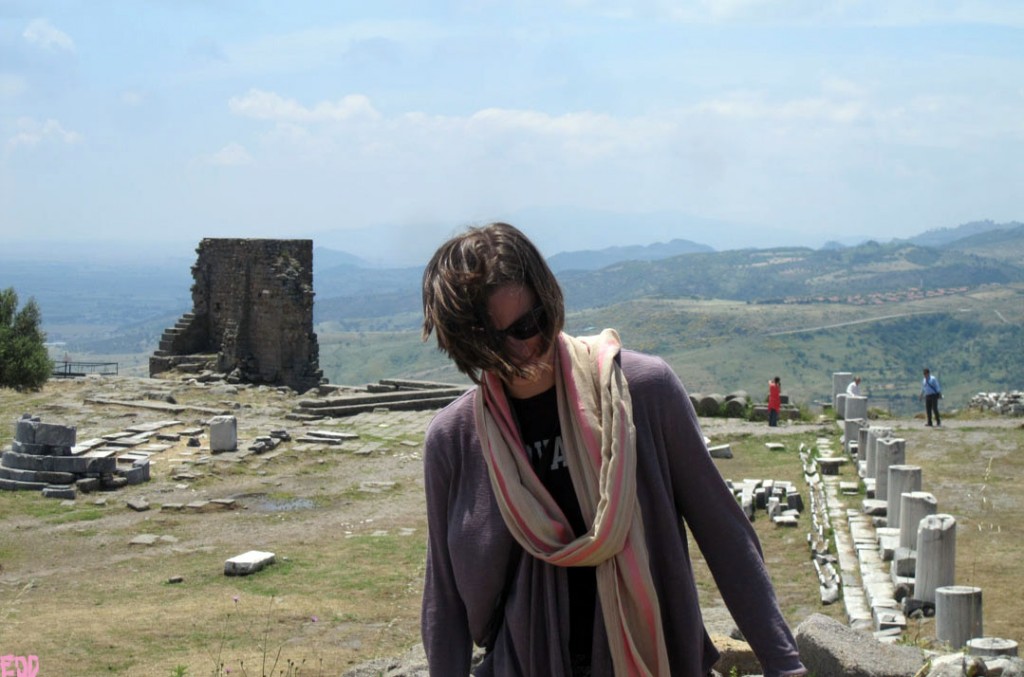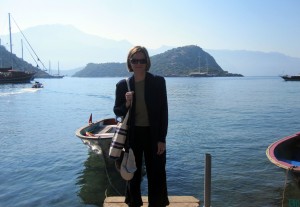Happiness, then, is co-extensive with contemplation, and the more people contemplate, the happier they are;
not incidentally, but in virtue of their contemplation, because it is in itself precious.
Thus, happiness is a form of contemplation.
— Aristotle
From Brown to Beirut, students are learning how to ask the big questions. After two weeks of studying the philosophy of Plato here in Beirut, my students and I are now exploring Aristotle’s conceptualization of the relationship between “happiness” and “contemplation.”
While my students and I are continuing this week to discuss how to live the “good life,” we are now focused on “contemplation” as an essential ingredient for happiness–or, in fact, as a form of happiness itself. For Aristotle, contemplation was the highest form of moral activity, since it is continuous, self-sufficient, pleasurable and complete.
Again, contemplation would seem to be the only activity that is appreciated for its own sake;
because nothing is gained from it except the act of contemplation, whereas from practical activities
we expect to gain something more or less over and above the action.
— Aristotle
While my students and I are busy contemplating how to live the “examined life” here in Beirut–surrounded daily by extreme violence and overwhelming suffering–I am constantly reminded of the words of W.B. Yeats: “It takes more courage to examine the dark corners of your own soul, than it does for a soldier to fight on a battlefield.”

